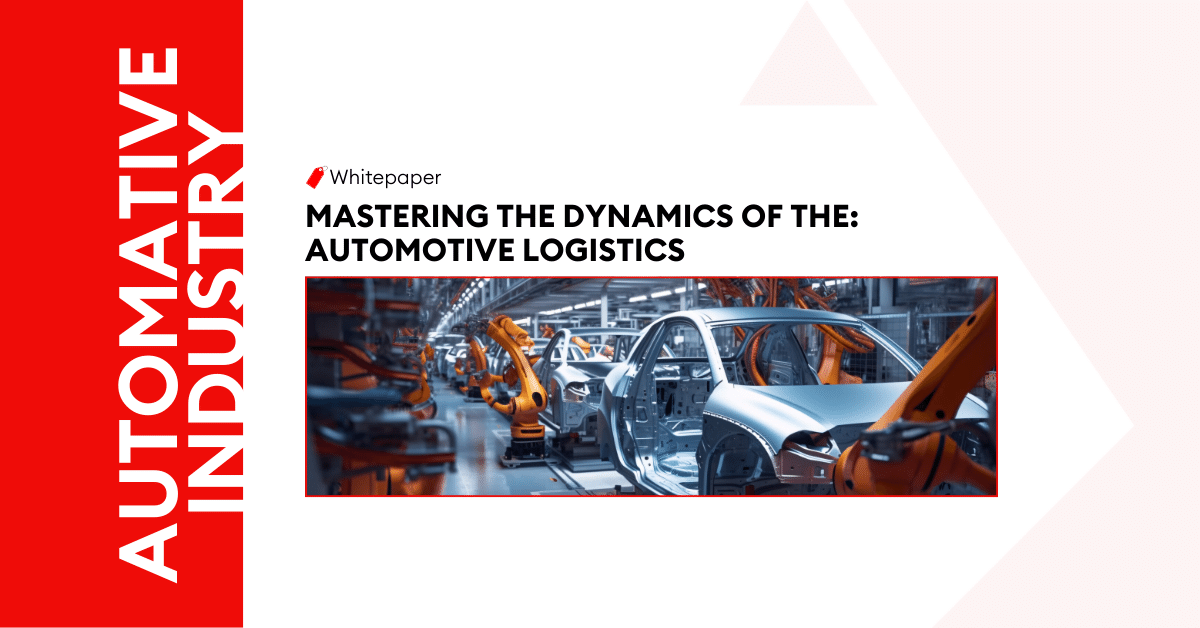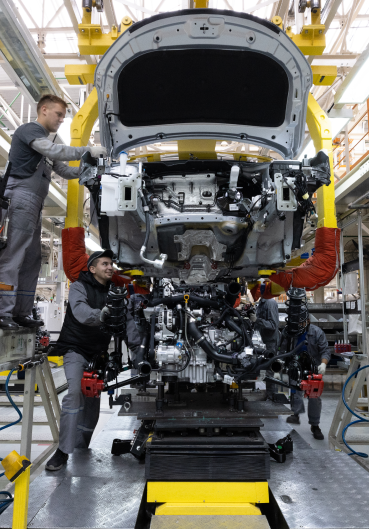
Mastering the Dynamics of Automotive Logistics
Increase in Reshoring
The automotive sector sees a growing trend towards domestic sourcing for improved supply chain efficiency and product quality, despite challenges like high costs and skilled worker shortages.
Improved Supply Chain Transparency
Automotive companies are expected to adopt new technologies and strategies in 2024 to enhance supply chain visibility and management.
Biosimilars
Biosimilars similar to existing biologic drugs but offer a more affordable alternative to expensive biologics.
Rise in Sustainability Investments
The automotive industry is focusing on sustainable practices and increasing investments in electric vehicles in response to environmental pressures.
Shift Towards Technological Advancements
Advancements in IoT, cloud platforms, and telematics are driving efficiency, integration, and improved customer engagement in the automotive supply chain.

Get In Touch
FAQs
Our experience in the field and our global network
Automotive logistics refers to the planning, implementation, and control of the efficient movement and storage of vehicles, parts, and related information from origin to destination within the automotive industry. This includes tasks like transportation, warehousing, and handling of automotive goods.
The supply chain in the automotive industry involves a complex network of suppliers, manufacturers, and distributors working together to produce and deliver vehicles. It encompasses the procurement of raw materials, production of components, assembly of vehicles, and distribution to dealers and customers.
Logistics plays a critical role in the automotive industry by ensuring timely delivery of parts and vehicles, optimizing inventory levels, reducing costs, and enhancing customer satisfaction. It involves coordinating various activities such as transportation, warehousing, and inventory management.
The automotive value chain refers to the series of activities involved in designing, producing, marketing, and selling vehicles. It includes research and development, design, manufacturing, marketing, sales, and after-sales services, each adding value to the final product.
The auto shipping process involves the steps taken to transport vehicles from manufacturers or dealers to their final destination. This can include domestic or international shipping, using carriers such as trucks, trains, or ships, and requires careful planning and coordination to ensure safe and efficient delivery.
Download our whitepaper to learn about the future of innovative automotive logistics solutions in the UAE.

Meet Our Expert
Get answers to our most commonly asked questions by visiting the Plivo support page, reading our documentation, and checking our pricing and coverage pages.tex
Related Articles
Mastering the Dynamics of Automotive Logistics
As the automotive industry confronts increasing complexity within its supply chain, keeping abreast




Post a comment
You must be logged in to post a comment.